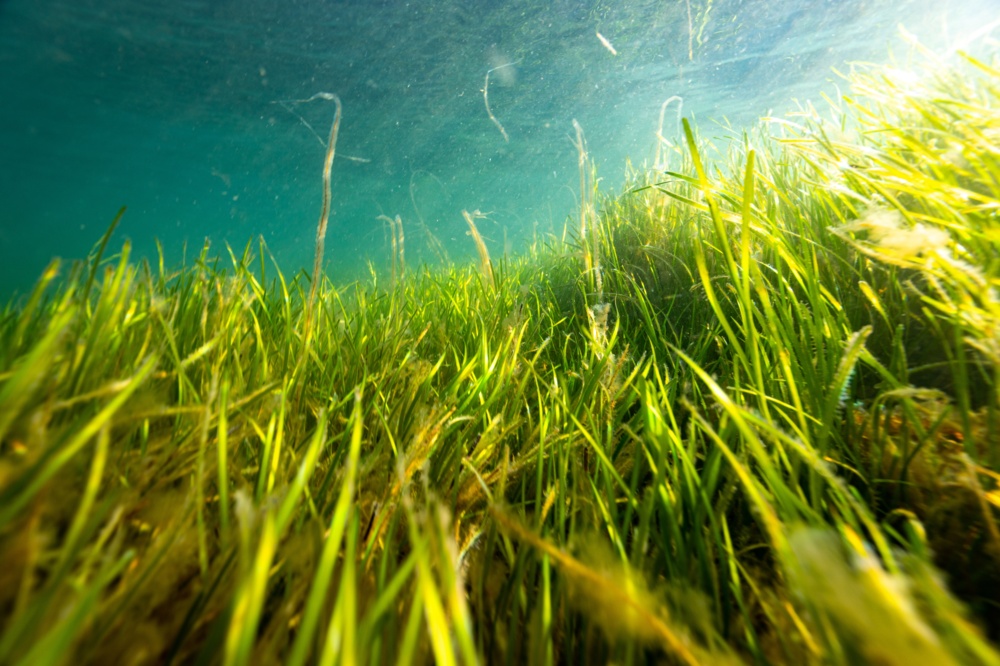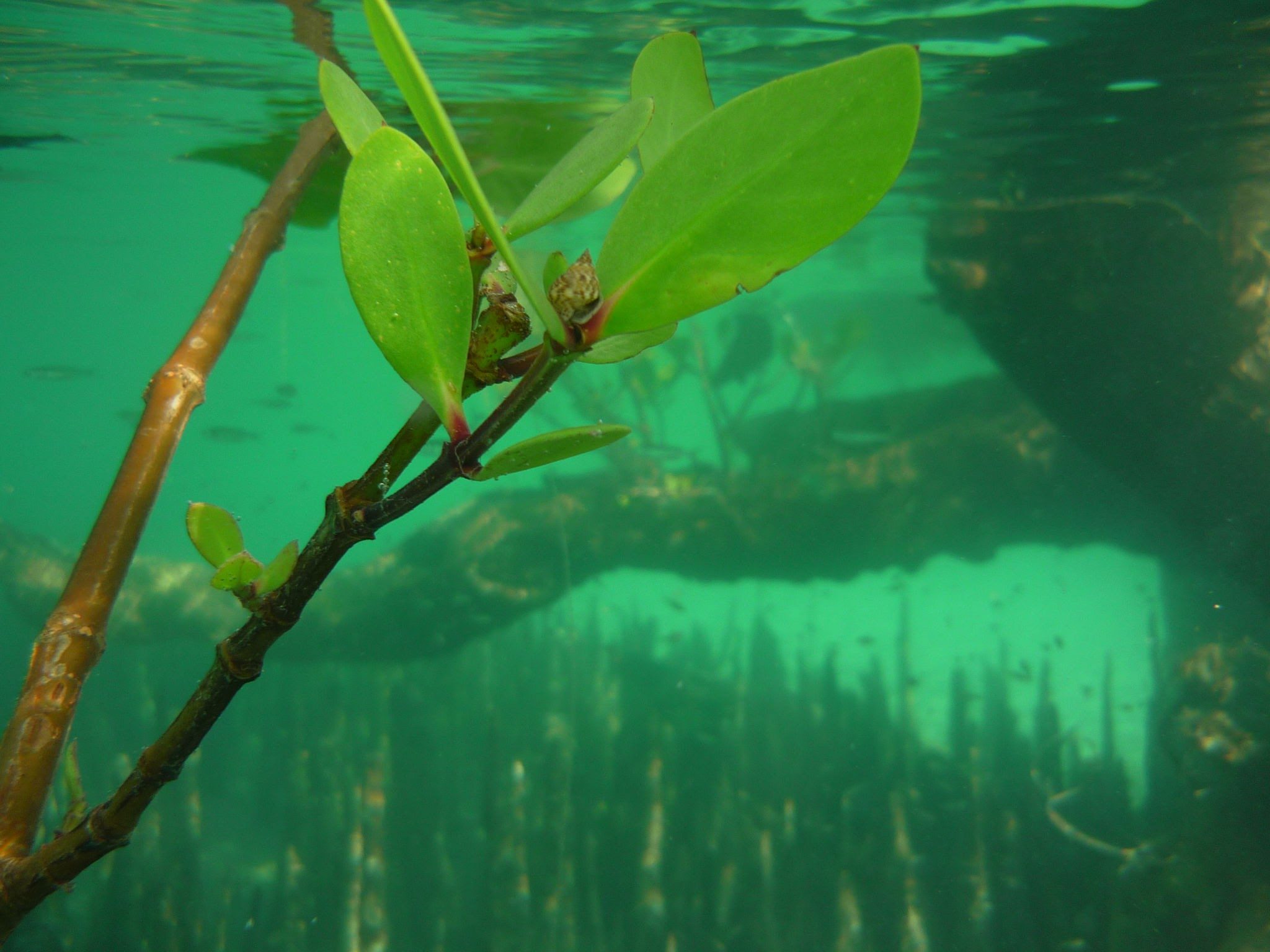
‘Blue carbon’ report and open letter delivered to leaders: Ocean protection is key to climate policy
This campaign is ongoing: join the call for world leaders to protect blue carbon here.
The carbon stored in ocean ecosystems, such as mangroves and seagrasses, can help protect us from runaway global heating, yet is being largely ignored by policymakers, a new report from the Environmental Justice Foundation (EJF) says. The report is backed by an open letter signed by over 7,000 marine and climate scientists, human rights experts, public figures and others, which is being delivered to world leaders today, World Mangrove Day, calling on them to make ocean protection a keystone of climate action.
The open letter, which is also backed by 90 NGOs from across the globe, will be delivered to policymakers on World Mangrove Day. More than half of biological carbon is captured by marine life, yet this ‘blue carbon’ is currently neglected in climate policy, the letter states.
If properly restored and protected, coastal blue carbon ecosystems – such as mangroves, seagrasses, saltmarshes and kelp forests – could sequester up to 200 million tonnes of the CO2 humans currently emit every year.
Undervaluing and degrading blue carbon habitats is also a serious risk, the report and letter warn. The current annual loss of seagrass is estimated to release around 299 million tonnes of carbon every year, and for coastal wetlands that figure rises to 450 million tonnes. Only 7.7% of the ocean falls into marine protected areas, and only 1.2% is beyond national jurisdiction, meaning that the high seas – which make up roughly 61% of the ocean’s surface – are almost completely unprotected.
The letter and report urge national leaders to:
Include specific, legally binding targets to protect and restore blue carbon environments in their updated Nationally Determined Contribution implementation plans.
Commit to the 30x30 ocean protection plan and designate 30% of the ocean as ecologically representative marine protected areas by 2030.
Agree an international moratorium on deep sea mining to protect the deep sea from irreversible, large-scale harm.
The report also highlights the importance of UN Convention on Biological Diversity negotiations, now twice delayed due to the pandemic, which must set binding, measurable biodiversity restoration and conservation targets and leverage technical and financial support for developing nations to meet such targets.
While both the report and letter showcase the golden opportunity blue carbon provides, they also stress that the protection of these habitats must not be used as a substitute for ambitious decarbonisation, which is needed across all sectors, in a ‘whole of the economy’ approach.
CEO and founder of EJF Steve Trent says: “The twin crises of climate and biodiversity combined are an existential threat to humanity. If we do not completely reshape our relationship with the natural world, we will be the authors of our own suffering.
This is why our leaders must act now, and act decisively, to halt this crisis while putting environmental justice at the centre of our world view. That means recognising the ocean as one of our biggest allies in the fight against global heating.”
ENDS
Notes for editors
Read the full open letter
Read the report
Watch and embed the film
Climate, ocean and human rights experts – including Prof. Pavel Kabat, IPCC assessment reports lead author and inaugural research director of the UN World Meteorological Organization; Baroness Helena Kennedy QC, human rights barrister; Dr Richard Unsworth, marine scientist and co-founder of Project Seagrass; and Prof. Brendan Godley, chair of marine conservation – have joined MEPs and MPs from around the world, including UK, Germany, Taiwan, Indonesia and others in signing the letter.
Finlay Pringle, 13-year-old oceans and climate campaigner, says: "Without healthy, cool oceans we will not have a healthy planet to live on. Oceans are at risk from climate change but they can also provide a huge part of the solution. Talking and doing nothing is not acceptable anymore. We don't want more empty promises from our politicians, we need them to face the climate emergency and take action now, rather than continuing to pass the responsibility on to future generations."
Caroline Lucas, UK Green MP, says: “Marine ecosystems must be moved to the heart of international climate policy, now. We need policies and action that reflect their importance to both people and planet and give them the protection they deserve. Most importantly, this must be additional to – and not instead of – decarbonisation on land.”
The Environmental Justice Foundation is an international non-governmental organisation working to protect the environment and defend human rights. EJF is a charity registered in England and Wales (1088128). www.ejfoundation.org
SIGN UP FOR OUR EMAILS AND STAY UP TO DATE WITH EJF

